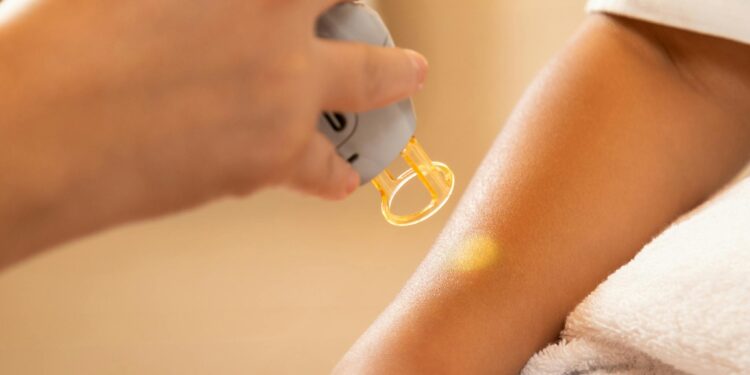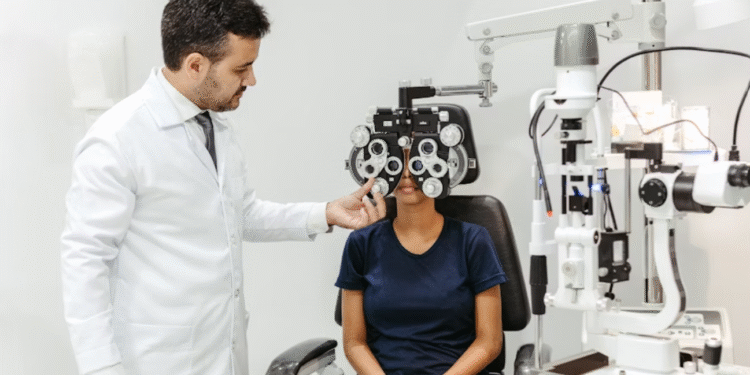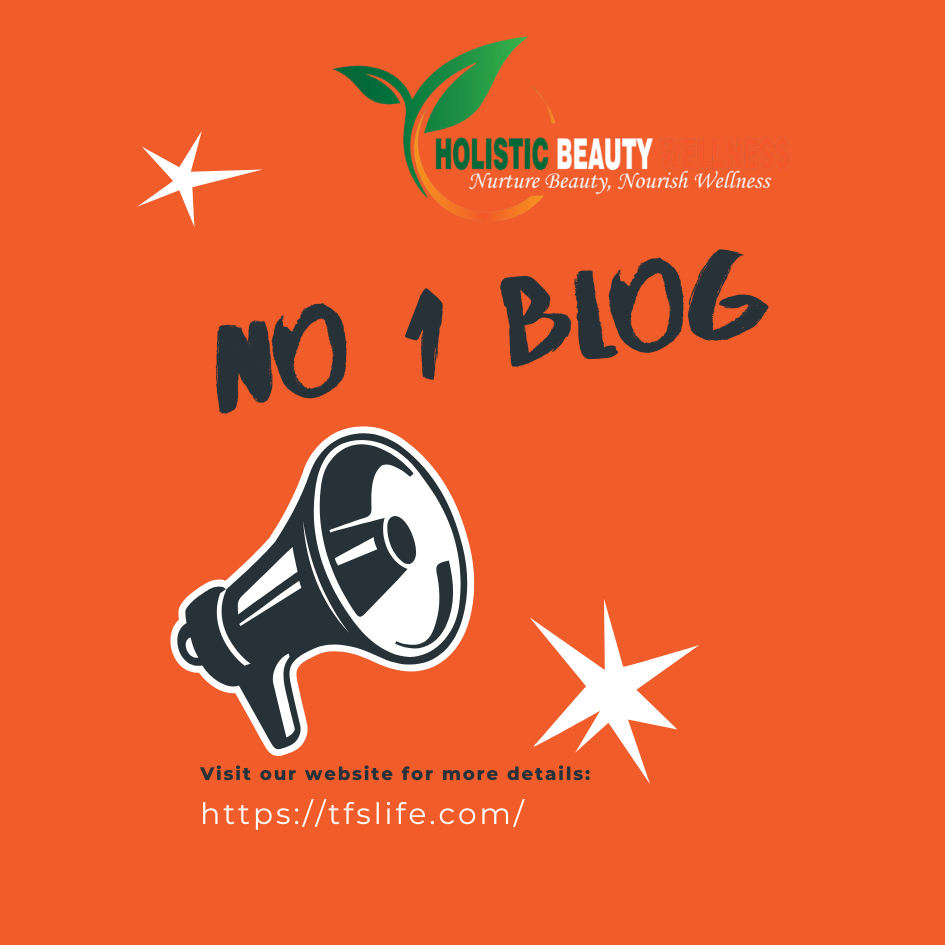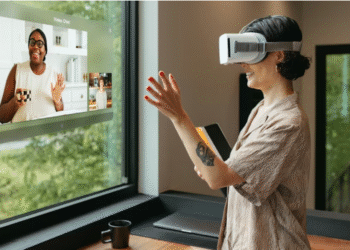Rapid technological advancements are at the core of a significant transition in the skincare sector. These developments—which range from wearable technology and DNA testing to artificial intelligence (AI) and machine learning—are increasing the effectiveness, accessibility, and scientific basis of customised skincare. A one-size-fits-all strategy is giving way to highly customised solutions that are suited to each person’s demands. In this piece, we examine how technology is transforming the skincare industry and enabling users to attain skin that is healthier and more vibrant.
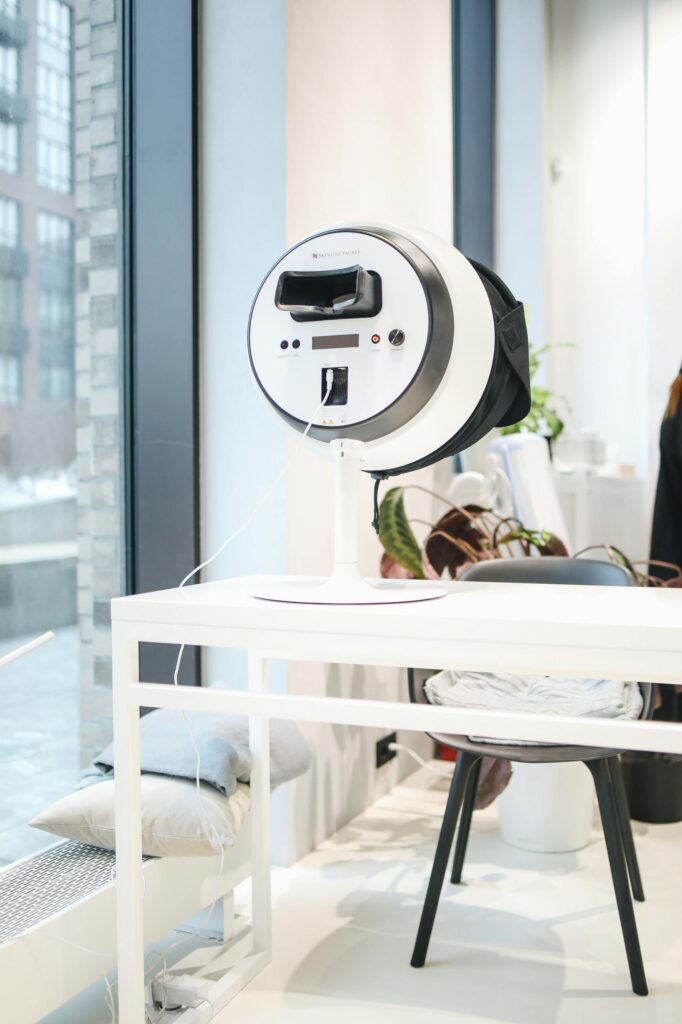
The Transition to Customised Skincare
Most skincare products and regimens in the past were made for general skin types, including combination, oily, dry, and sensitive. However, the distinctive qualities of each skin type were frequently ignored by this broad classification. Skin health is greatly impacted by a variety of factors, including genetics, lifestyle, environment, and even nutrition, which makes a customised approach much more successful.
Let’s talk about technology, which is revolutionising the beauty business. Thanks to technologies like artificial intelligence (AI), sophisticated imaging systems, and DNA analysis, businesses may now offer goods and advice that address certain skin conditions. Not only do consumers profit from this shift by seeing improved outcomes, but companies also gain credibility and loyalty by providing tried-and-true solutions.
The Main Technologies Powering Customised Skincare
Some of the most significant technological developments that are changing the skincare market are as follows:
1. Learning and Artificial Intelligence (AI)
AI-driven skincare solutions evaluate information to offer precise and customised suggestions. As an illustration:
• Skin Scanner and Skin Vision are two examples of apps that analyse skin health by allowing users to upload selfies. These apps identify problems including wrinkles, pigmentation, and acne using artificial intelligence.
• Product Matching: Using information about skin type, issues, and objectives, AI algorithms suggest skincare products. Certain platforms even forecast how compounds will affect your skin.
AI has been incorporated into platforms by companies like Olay and L’Oréal, which now provide virtual consultations and personalised product recommendations.
2. DNA Analysis for Skincare
DNA testing is among the most cutting-edge methods for customised skincare. DNA-based skincare companies use genetic analysis to determine a person’s susceptibility to problems including collagen breakdown, UV sensitivity, and premature ageing.
• How It Operates: A saliva sample from the user is examined to find genetic markers influencing the health of the skin.
• Tailored Solutions: Considering the findings, companies create goods that target particular genetic issues.
Businesses like Geneu and Skin DNA are at the forefront of this field, bridging the gap between beauty and genetics.
3. Advanced Diagnostics and Imaging Techniques
Advanced imaging technology is transforming our understanding of the skin. These resources offer a thorough examination of skin disorders that are invisible to the human eye, including;
• UV Damage
• Dehydration
The size and texture of the pores
Devices such as the Visia Skin Analysis System produce thorough reports and take detailed pictures. These insights are used by dermatologists and skincare specialists to develop highly individualised treatment programs.
4. Using 3D Printing to Create Personalised Items
The development of customised skincare goods and gadgets is made possible by 3D printing. As an illustration:
• Personalised Masks: Companies such as Neutrogena develop sheet masks using 3D printing that are customised to a user’s unique skin requirements and facial features.
• Personalised Cosmetics and Serums: Certain businesses let customers combine substances according to their tastes and the findings of a skin analysis.
This invention guarantees that each product is manufactured especially for the consumer, cutting waste and increasing effectiveness.
5. Skincare Products That Can Be Worn
An additional fascinating area in customised skincare is wearable technologies. These gadgets track skin issues in real time and offer useful information.
• Smart patches: Products like L’Oréal’s My Skin Track UV monitor UV exposure and offer skin protection tips.
• Hydration Trackers: Devices such as La Roche-Posay’s Effaclar Spots may measure hydration levels and provide users with advice on how to stay properly hydrated.
Wearable technology enables consumers to modify their skincare regimens in response to environmental elements such as pollution and humidity levels.
6. AR (Augmented Reality) and VR (Virtual Reality)
The skincare purchasing experience is being revolutionised by VR and AR. Virtual tools increase convenience and confidence by enabling users to “try on” things before purchasing.
• Skin Simulations: Using augmented reality, platforms such as YouCam Makeup can replicate the appearance and texture of skincare products on the skin.
• Virtual Consultations: Customers can communicate with dermatologists or beauty consultants from a distance, doing away with the necessity for in-person meetings.
Benefits of Customised Skincare Powered by Technology
1. Accurate Remedies
Customers are given accurate answers for their skin issues through comprehensive skin diagnostics. This saves time and money by removing trial-and-error and guessing.
2. Better Skin Health Because research underpins technology-driven skincare regimens, products are guaranteed to enhance skin health over time.
3. Ecological Responsibility
By using fewer unneeded items, personalised skincare helps cut down on waste. Reusable packaging and environmentally friendly materials are two examples of sustainable practices that brands are using.
4. Easy Access
Thanks to innovations like apps and online consultations, a wider range of people, wherever they may be, may now receive high-quality skincare.
Obstacles and Moral Issues
Even though there is no denying the advantages of technology in skincare, there remain obstacles and moral dilemmas to resolve:
• Data Privacy: Sensitive data is collected by apps and devices, which raises privacy and data security issues.
• Affordability: Customised goods and sophisticated equipment can be costly, which prevents some customers from using them.
• Over-Reliance on Technology: Although technology can offer insightful information, it’s crucial to combine it with professional dermatologist guidance.
The Prospects of Customised Skincare
Ongoing innovation is key to the skincare industry’s future. We can anticipate even more revolutionary developments as technology develops:
AI-Driven Research: Using big data, new skincare chemicals and formulas can be developed more quickly.
• Smart Skincare Systems: These systems combine several gadgets to form a single, customised skincare ecosystem.
• Sustainability Focus: Increased use of green tech solutions, like refillable product dispensers and biodegradable sensors.
Conclusion
The skincare sector is transforming thanks to technology, which provides individualised solutions to meet the various needs of customers. With the advent of wearable technology, DNA analysis, and AI-powered apps, achieving healthy, radiant skin is now simpler than ever.
Even if technology is an effective tool, it’s crucial to approach skincare from a balanced standpoint. The best outcomes will come from combining these developments with professional guidance, wholesome routines, and self-care techniques.
Accept the skincare of the future—it’s customised for you.


